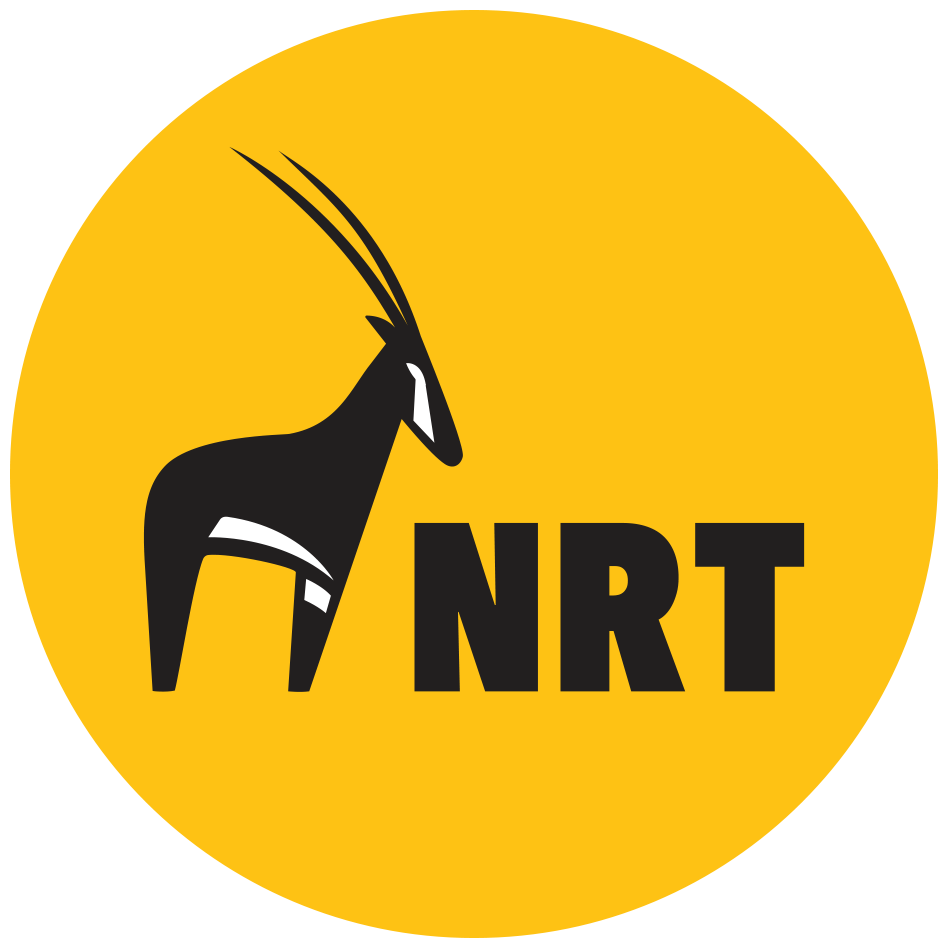Celebrating Women in Conservation during the International Women's Day
Women celebrating during the IWD in Laisamis, Melako Community Conservancy
The Northern Rangelands Trust (NRT), The Nature Conservancy (TNC), Embassy of Denmark, Embassy of Sweden through the IMARA Programme, the United States Agency for International Development (USAID), European Union in Kenya and Agence Française de Développement (AFD) hosted 130 women from northern and coastal Kenya during the International Women’s Day on March 8 to celebrate milestones achieved through the community conservation model.
The women, from various community conservancies who have been at the forefront in conservation leadership and women empowerment initiatives were joined by USAID Kenya and USAID East Africa Deputy Director Heather Schildge and the County Government of Marsabit First Lady Alamitu Guyo.
Women walk to mark the IWD in Laisamis, Melako Community Conservancy
The celebration’s theme echoed that of the official 2021 International Women’s Day - “I am Generation Equality: Realizing Women’s Rights.” It aimed to further strengthen women’s leadership within community conservancies, as well as build up a sense of shared empowerment to increase women participation in leadership.
For the past several years, community conservancies under the NRT umbrella have been placing more importance on women empowerment and gender mainstreaming.
At least 166 women from community conservancy boards, committees and management teams have taken part in NRT’s bespoke Leadership and Management Programme (LAMP) since 2016. LAMP aims to equip and empower people to exercise their human rights to manage their land, conserve natural resources and wildlife and secure their livelihoods.
Women celebrating during the IWD in Laisamis, Melako Community Conservancy
In 2020, 429 women and 416 men attended gender and social inclusivity forums conducted in 20 community conservancies in Samburu, Isiolo, West Pokot, and Marsabit counties. This is in line with NRT’s three-year gender action plan providing a roadmap on the best approach to gender responsiveness and mainstreaming.
In the same year, 40 women leaders from NRT-Coast community conservancies completed gender champions training to further promote gender equality at the conservancy management, programme and village level.
USAID Kenya and USAID East Africa Deputy Director Heather Schildge (in black) dancing during the IWD event
Conservancies also offer an important platform for women in business. Currently 1,250 women in nine conservancies are part of the BeadWORKS programme, in which connects artisans in conservancies to international markets.
Profits to the BeadWORKS women increased by 94% in 2019 from 2018, and a further 4% in 2020. To further enhance workplace skills, NRT-Trading, the social enterprise arm of NRT, runs Ujuzi Manyattani and Biashara Mashinani programmes, which aim to build business capability in women and youth. The community conservancy SACCO is active in 35 community conservancies and financed 1,059 women and youth enterprises with Kshs. 45.3 million-worth of microloans in 2020.
Women singing during the IWD event in Laisamis, Melako Community Conservancy
The community conservancy model is also placing increasing focus on and support to women’s involvement in mitigating conflict and building peace. There are 25 women peace ambassadors across the north Kenya community conservancy network, themselves from conflict hotspot areas, now instrumental in addressing intertribal conflicts hence averting livestock raids.
The community conservancy model is also enabling women to take the lead in protecting the natural environment. In Laikipia, 200 women are engaged in the environmentally friendly biological control of Opuntia stricta, an invasive cactus that prevents grass growth and contributes to degraded rangelands. In the fight against the equally damaging Acacia Reficiens plant, 600 women from Isiolo and Samburu helped to clear 3,953 hectares from their grazing land in 2020, and helped reseed 750 hectares with grass.
County Government of Marsabit First Lady Alamitu Guyo during the IWD event
At the coast, women are also leading the clear up of plastic waste from beaches in Kiunga Community Conservancy (20 tonnes of plastic waste in 2020), recycling what they can to create crafts.
‘In Kenya, conservation has for many years been male dominated. This is changing, and women now sit at the table and make decisions on how nature can be managed better and conserved for prosperity’ said Munira Bashir, Kenya Program Director for The Nature Conservancy.
NRT, TNC, SIDA, Embassy of Denmark, Embassy of Sweden, USAID, EU and Agence Française de Développement (AFD) are keen on mainstreaming gender in environmental conservation and livelihood development by integrating a gender equality perspective at all stages and levels of policies, programmes and projects- both internally and in member conservancies.
“We are happy to be part of women empowerment in northern and coastal Kenya, where historically women have not been involved in numerous societal processes. Today involving women is vital in mitigating conflict, addressing key livelihood endeavors, nurturing peace, having inclusive democratic governance, and in conservation flora and fauna for a thriving society,” says Dr. Elizabeth Pantoren, NRT’s Director of Programmes and Gender.
Women dancing during the IWD event
The event is a culmination of a three-day women leadership summit supported by Conservation International (CI) attended women leaders to further strengthen and influence and decision making from both genders with a call to mentor at least five young women and men. The 40 established and emerging women leaders are from NRT’s member conservancies with the objective of promoting diversity in leadership and supporting future leaders and building a sense of shared empowerment.







